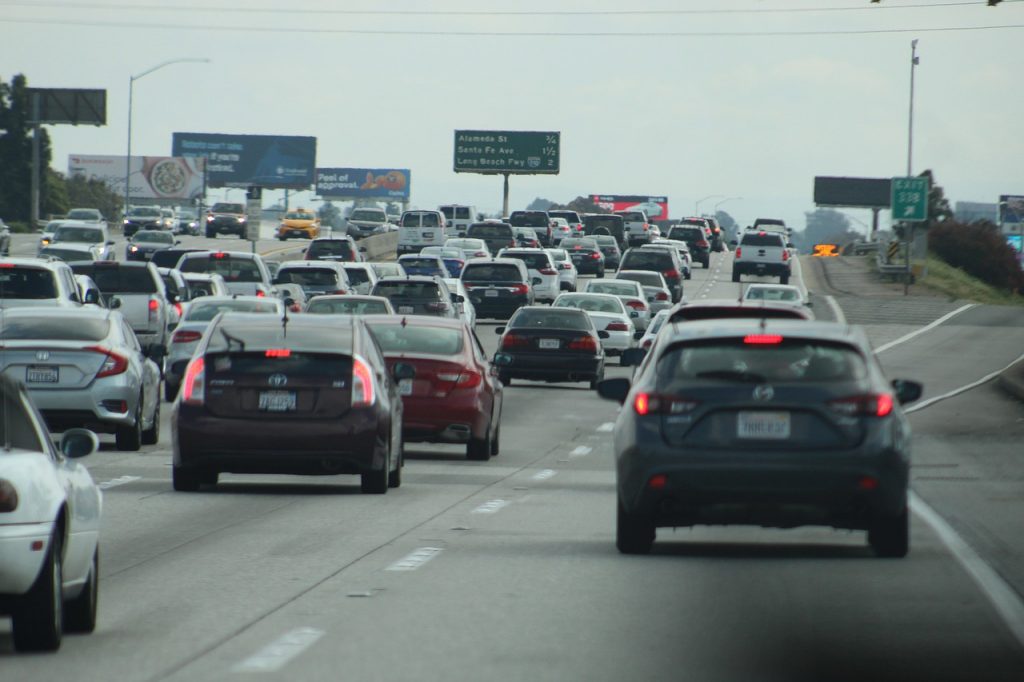Driving On US Roads Is Deadlier Than Ever, Here’s Why
Fatal road incidents are increasing exponentially nationwide, and many are attributing the uptick to a decline in the number of people police are pulling over.
This article is more than 2 years old

During the pandemic, American roads emptied as fewer and fewer people found themselves driving, but there were—and are—more fatal road incidents than ever before. Though congested roadways can take the blame for some of it, many are pointing the finger at changing patterns in police traffic enforcement. The roadway fatality rate hit its high in 2020, but it’s still almost 20 percent higher than it was in 2019. Though the pandemic wracked the entire world, the subsequent driving fatalities were uniquely American; most western countries did not see the same increase in road deaths as the U.S.
Some experts attribute the American spike in driving deaths to reduced policing, following the George Floyd protests in 2020. Most reckless driving occurs because people think they won’t get caught and, these days, they’re right; officers are less likely than before the pandemic to be giving out traffic tickets. According to NPR, police traffic citations are down by as much as 86 percent compared to 2019.
Seattle, one of the cities that has seen significant drops in traffic citations, lost hundreds of police officers after both budget cuts and personal convictions after the George Floyd protests. With a smaller department, officers spend approximately 70 percent of their time responding to more urgent calls, leaving little time in between for traffic citations. As a result, driving fatalities have increased in the city and beyond; similar shortages around the country have caused a nationwide spike in roadway deaths.
Other experts argue that traffic stops themselves can be an unnecessary and potentially dangerous situation for many people, especially people of color. These experts advocate for limiting police traffic stops, arguing that they’re often fraught, invasive, and potentially dangerous, a high price for minor infractions. After the 2021 police shooting death of Daunte Wright in Minnesota, many civil rights groups and concerned citizens have put pressure on police departments not to pull cars over for minor driving violations.
While the new police policies might stop unnecessary contact between police officers and civilians, it’s also given many people the impression that they are less likely to be pulled over in general, leading to more reckless driving behavior, like running red lights and excessive speeding. Some people think that, culturally, we’ve made a shift from one extreme to the other: over-policing to under-policing. However, most experts, including the leaders of the Governors Highway Safety Association, believe that traffic stops should be limited to dangerous behavior, rather than technical violations.
Many police officers believe that letting drivers get away with small driving infractions makes traffic more dangerous. Theoretically, they say, what deters people from breaking the law isn’t the severity of the punishment if caught but the certainty of actually getting caught. Other experts think that theory is nothing but a myth, and that the deterrent to reckless driving is the understanding that it can cause irreparable harm to the driver or others. Regardless of the cause, police departments and citizens need to come together to find a solution to make American roadways safer for drivers.





